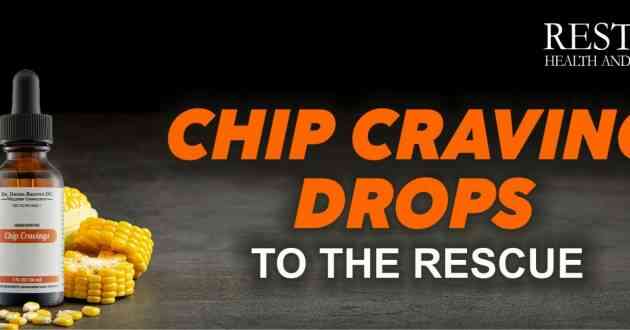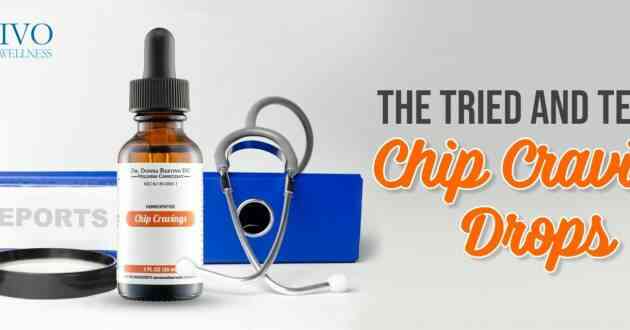Do We Need A Daily Supplement?
Supplements are concentrated sources of nutrients with nutritional and physiological effects.
A variety of over the counter dietary supplements are available today and many are being sold or promoted through various marketing gimmicks. People today seem to be consuming at least one supplement in some form or the other. They have become a regular part of weight loss programs or fitness programs. But the most important question is - Do you really need them? Are the supplements a good medicine or just a wastage of money? Can supplements be a substitute for the balanced diet? Let us help you answer these questions.
WHO REQUIRES SUPPLEMENTS?
Each year a huge amount of money is spent on nutritional supplements. However, an editorial published in the Annals of Internal Medicine stated that a lot of money is just being wasted on supplements. There seems to be no evidence that these daily supplements play a role in reducing the risk or preventing chronic diseases. So, does that mean people do not benefit from supplements and so should flush them down the drain? Well, supplements should be looked at bridging the nutritional gaps in the diet rather than curing the chronic diseases. The first preference to bridge the nutritional gaps is food alone. However, there are certain conditions or certain groups of people that can benefit from taking these nutritional supplements.
- Pregnant and breastfeeding mothers
A healthy and balanced diet during pregnancy ensures that the baby gets all the nutrients that it requires from the start. But if the tests and other check-up reports show that you are deficient in certain vitamins and minerals then you definitely need a supplementation, provided it is prescribed by the doctor or a qualified nutritionist. Women who are about to plan their pregnancy need to consume sufficient folic acid to prevent certain birth defects. Pregnancy and breast feeding requires almost all the nutrients for healthy growth and development of the baby. Folic acid, calcium, iron, vitamin D supplements may be needed by these women if requirement of these nutrients is not met through the diet. Vitamin A is secreted in milk and hence needs to be supplemented in diet of breast feeding women.
- Old Age
As we age, our body produces less and less enzymes, including the vital ones that are necessary for the proper digestion of the food that we eat. This can lead to common stomach problems such as acid reflux, heartburn, upset stomach and constipation. This can lead to a reduction in the intake of food and also affect the absorption of certain nutrients. Supplementation thus becomes important in this group, especially vitamin B12, iron and calcium supplementation.
- People who are dark skinned, who cover their skin and are in the house
Research shows that dark skinned people living in the temperate climate have low Vitamin D levels as melanin in the skin hinders vitamin D synthesis. Vitamin D is also called as the sunshine vitamin hence people who cover their skin for religious reasons, who are house bound and babies and infants of vitamin D deficient mothers require vitamin D supplementation.
- Intolerance or allergy towards a particular food
People who are lactose intolerant cannot get enough vitamin D and calcium through their diet. They can benefit from calcium and vitamin D supplementation.
- Vegetarians and vegans
Vitamins B12 and D supplementation is necessary in the diets of those that are strict vegetarians and are vegans.
I HAVE A BALANCED DIET DAILY. DO I NEED A SUPPLEMENT?
People take supplements to make sure that they get enough essential nutrients to maintain or improve their health. But not everyone needs to take supplements. It is possible to get all the nutrients that one requires by eating a healthy and balanced diet that contains all the basic food groups. Supplements can never be a substitute for a balanced and healthy diet, also they can be a distraction from the healthy lifestyle practices that offer many health benefits.
CAN EXCESSIVE INTAKE OF SUPPLEMENTS BE HARMFUL?
Certain supplements can cause toxicity and can be dangerous, such as
- Large doses of vitamin A over an extended period of time can be built up to toxic levels in your body. According to a research, high intake of vitamin A has shown to decrease the bone mass and lead to bone thinning and spontaneous fractures. Getting enough calcium and vitamin D is important for bone health, but vitamin A counteracts the positive effects of vitamin D.
- Vitamin B6 is a water soluble vitamin which our body cannot store, but prolonged intake of vitamin B6 can cause nerve damage.
- Supplements containing vitamin A (retinol) including fish liver oil may be harmful and can cause birth defects if their recommended dose is greatly exceeded, or exceeded over an extended period of time.
- High dosage of calcium and vitamin D can lead to kidney stones
RELATION BETWEEN HIGH VITAMIN INTAKE AND OBESITY
People today seem to be consuming at least one supplement in some form or the other. They have become a regular part of weight loss programs or fitness programs. Vitamins act as coenzymes or part of enzymes that are responsible for the chemical reactions in our body. For example in the synthesis of fat and neurotransmitters. Excessive intake of vitamins may affect the degradation of the neurotransmitters. Obesity is nothing but accumulation of excess fat. Studies have shown that B vitamins play a very vital role in fat synthesis. Therefore, excess vitamin intake may trigger obesity through multiple ways, including increasing fat synthesis, causing insulin resistance and disturbing the neurotransmitter metabolism. Hence one should be cautious about taking a supplement without prescription as their high doses can lead to health complications. The overall message is: nothing can be substituted for a healthy, balanced diet. Supplements can always be a secondary option and yes, you don’t require daily supplements unless and until it is prescribed by a health care professional for a specific reason. Also, if you feel your child is not getting sufficient nutrition, consulting a child nutritionist can help plan balanced meals with the necessary nutrients for the child.



